OUR PRODUCTS
FAQs About Tea
HOW IS BOREAL HEARTLAND TEA PROCESSED?
Processing – Herbs destined for tea are preserved either by using the old-world method of air-drying, or with a more modern approach using an industrial dehydrator. When the conditions are just right the herbs are chopped or ground in a way that releases the best flavour for steeping. Product is checked every day to ensure CFIA standards are always met, and to ensure product quality.
Our facilities are Canadian Food Inspection Agency certified (CFIA). Our commitment to quality is reflected in the stringent production standards we have established.
Storage – Once the plants are completely dried they are put into long term storage in airtight, dark, cool-room temperatures. As product is put into storage it is checked over a final time for quality. Once again, poor quality product will be rejected and samples taken. Random batch samples are also taken for laboratory analysis to ensure quality.
What is the harvesting process?
Our harvesters are all local people who grew up experiencing “the bush”. They come to us with years of personal experience.
Training – We are serious about having highly-trained harvesters at Boreal Heartland. The Boreal Heartland Harvester training Course has been established to teach our harvesters wilderness safety, plant identification, product handling and care. Many of our harvesters also complete the Good Agricultural Collection Practice (GACP) certificate through the Herb, Spice & Specialty Agriculture Association. (HSSA)
Harvesting – Locally trained and knowledgeable harvesters collect our required herbaceous plants (eg. Fireweed) and fungi (golden chanterelle mushrooms).
Receiving/Purchasing – The herbs are bought from the harvesters by Boreal Heartland directly. We carefully check the product to make sure it is the correct species and that it is in good condition, and we will reject anything that falls below our high standard. We are proud that, because of our knowledgeable and competent harvesters, product rejection doesn’t happen often.
I've heard Labrador Tea can be bad for me. Is it true?
There are different species of "Labrador tea" growing in North America and Europe which have higher or lower concentrations of ledol in them. Ledol in high concentrations can be a concern. The species of Labrador tea we use, that grows in our area, has a negligible concentration of ledol. Click the link below to learn more
How to brew a perfect cup of tea - Step by Step.
Brewing a perfect cup of tea involves a few key steps. Here's a simple guide:
1. Choose from one of Boreal Heartlands' high-quality loose-leaf tea or our teabags.
2. Boil clean, fresh water for 1 minute.
3. Warm your teapot or cup with boiling water to keep the temperature consistent.
4. Use about 1 - 2 teaspoons of loose-leaf tea or 1 teabag per cup of water.
5. Pour the hot water over the tea leaves or teabag, ensuring they are fully submerged.
6. Cover and steep for 10 - 15 minutes.
7. Strain or remove the leaves if using loose-leaf tea.
8. Customize your tea if desired with sweeteners, milk, lemon or honey.
9. Remember that everyone's taste preferences differ, so feel free to experiment and adjust the brewing process.
10. Most importantly, Enjoy!
If any of the ingredients in our tea are new to you, please exercise caution when consuming.
